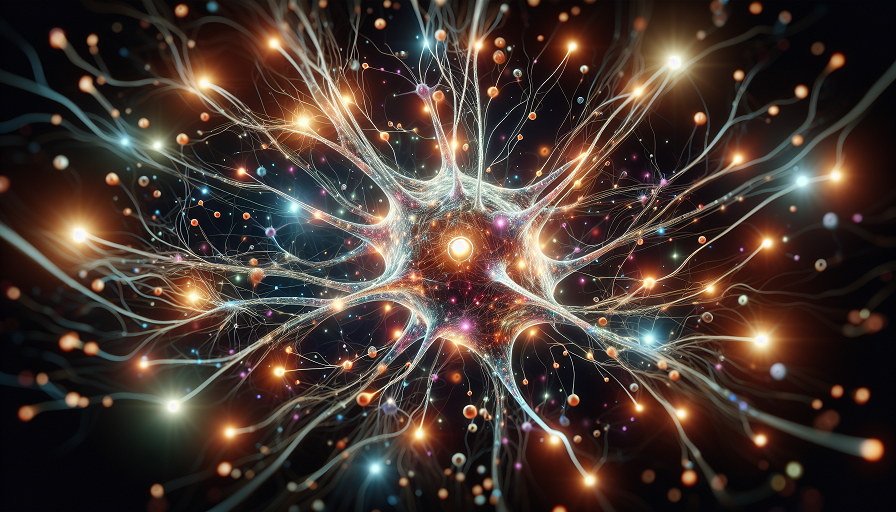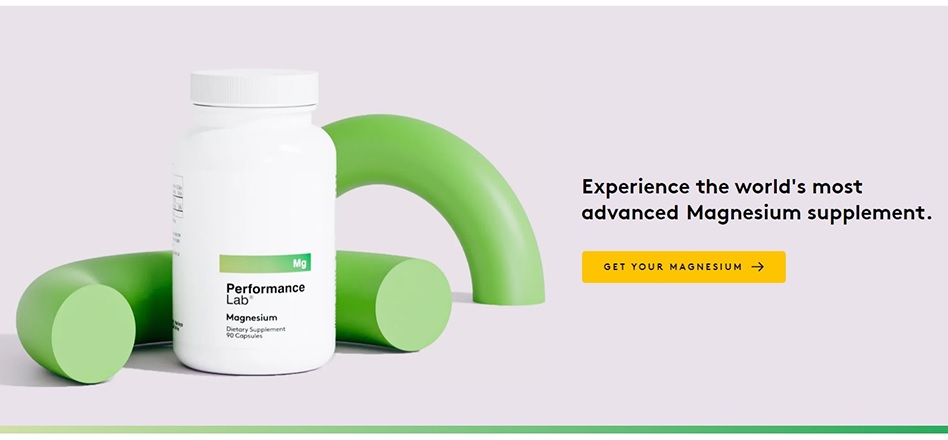
When it comes to bone health, calcium and vitamin D often steal the spotlight. However, there’s another mineral that is just as critical but frequently overlooked—magnesium. This essential nutrient makes up 60% of the body’s total magnesium stores, primarily within the bones, and plays a direct role in bone density, mineralization, and strength.
Without sufficient magnesium, bones become more fragile, calcium absorption is impaired, and the risk of osteoporosis increases.
Contents
How Magnesium Contributes to Bone Health
Magnesium is not just a passive player in bone health; it actively contributes to multiple processes essential for bone formation and maintenance. Here’s how:
Enhances Bone Mineralization
Bone mineralization is the process where essential minerals like calcium and phosphate are deposited into the bone matrix, strengthening bones. Magnesium helps by:
- Regulating osteoblast (bone-building) activity.
- Preventing osteoclast (bone-breakdown) overactivity, reducing bone loss.
- Promoting hydroxyapatite crystal formation, which strengthens bones.
Studies show that magnesium deficiency impairs mineralization, leading to brittle bones and an increased risk of fractures.
Supports Calcium Absorption and Metabolism
Magnesium works hand-in-hand with calcium, ensuring that it is properly absorbed and utilized by bones rather than being deposited in soft tissues. It:
- Activates vitamin D, which is necessary for calcium absorption in the intestines.
- Regulates parathyroid hormone (PTH), which controls calcium levels in the blood and bones.
- Prevents calcium from accumulating in arteries, reducing the risk of vascular calcification.
Improves Bone Density
Research suggests that individuals with higher magnesium intake tend to have greater bone density, reducing the likelihood of osteoporosis. One study found that women with higher dietary magnesium intake had greater hip and femoral bone density, two key areas prone to fractures as we age. ([ncbi.nlm.nih.gov](https://www.ncbi.nlm.nih.gov/pmc/articles/PMC3775240/))
Magnesium Deficiency and Its Effect on Bones
Magnesium deficiency, known as hypomagnesemia, is alarmingly common due to poor dietary habits, high-stress lifestyles, and excessive consumption of processed foods. This deficiency is linked to a range of bone-related issues, including:
Increased Risk of Osteoporosis
Osteoporosis is a condition characterized by weak, porous bones that are highly susceptible to fractures. Magnesium deficiency reduces bone mineral density, making bones weaker over time.
Higher Fracture Susceptibility
Without enough magnesium, bones lose structural integrity, increasing the likelihood of fractures even from minor falls. Older adults, in particular, are at greater risk of hip, spine, and wrist fractures if magnesium levels are low.
Impaired Calcium Balance
Without magnesium, calcium may not be efficiently directed into bones, instead depositing in soft tissues, joints, and arteries, leading to issues like arteriosclerosis.
Who Is Most at Risk of Magnesium Deficiency?
Some individuals are more prone to magnesium deficiency, including:
- Older adults: Absorption efficiency decreases with age.
- People with digestive disorders: Conditions like Crohn’s disease and celiac disease impair magnesium absorption.
- Individuals with high alcohol consumption: Alcohol depletes magnesium levels and increases urinary excretion.
- People with high-stress lifestyles: Chronic stress increases magnesium depletion.
- Those on certain medications: Diuretics, antibiotics, and proton pump inhibitors can interfere with magnesium absorption.
How to Ensure You Get Enough Magnesium for Bone Health
Maintaining adequate magnesium intake is essential for lifelong bone strength. Here’s how you can ensure optimal levels:
Increase Magnesium-Rich Foods in Your Diet
One of the best ways to support bone health naturally is through a magnesium-rich diet. Foods high in magnesium include:
- Leafy greens: Spinach, kale, Swiss chard
- Nuts & seeds: Almonds, cashews, pumpkin seeds
- Legumes: Black beans, lentils, chickpeas
- Whole grains: Brown rice, quinoa, oats
- Dairy products: Yogurt, cheese
- Fatty fish: Salmon, mackerel
- Dark chocolate: 70% cacao or higher
Consider Magnesium Supplements
For those who struggle to meet daily magnesium needs through diet, supplementation can help. When choosing a supplement, consider:
- Bioavailability: Magnesium glycinate, citrate, or malate are highly absorbable forms.
- Avoiding laxative effects: Magnesium oxide and sulfate can cause digestive discomfort.
- High-quality sourcing: Choose third-party-tested, additive-free supplements.
Performance Lab® Magnesium supplement offers an ultra-absorbable, nature-identical form of magnesium, ensuring optimal bone support.
Maintain a Balanced Lifestyle
Additional lifestyle factors that support magnesium retention and bone health include:
- Regular weight-bearing exercise: Activities like walking, jogging, and resistance training strengthen bones.
- Avoiding excessive alcohol and caffeine: Both can interfere with magnesium absorption.
- Getting enough vitamin D and K2: These nutrients work alongside magnesium to optimize calcium metabolism.
The Unsung Hero of Bone Health
While calcium and vitamin D are important, magnesium is equally critical for bone strength, mineralization, and long-term skeletal health. Ensuring sufficient magnesium intake through diet or supplementation can help prevent osteoporosis, reduce fracture risk, and maintain lifelong bone integrity.
By making magnesium a priority in your daily routine, you can take proactive steps toward stronger, healthier bones and a more resilient body.

